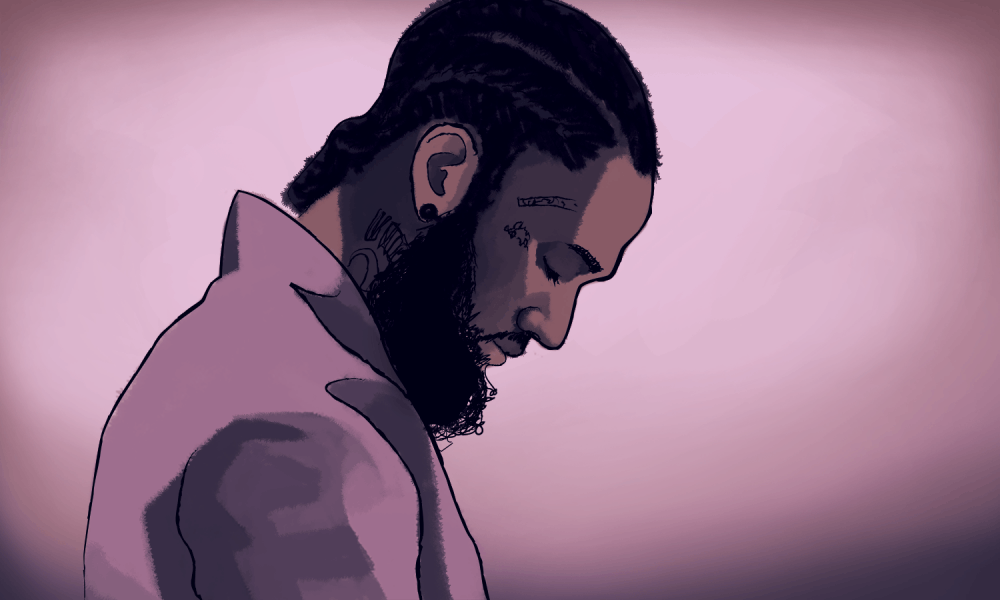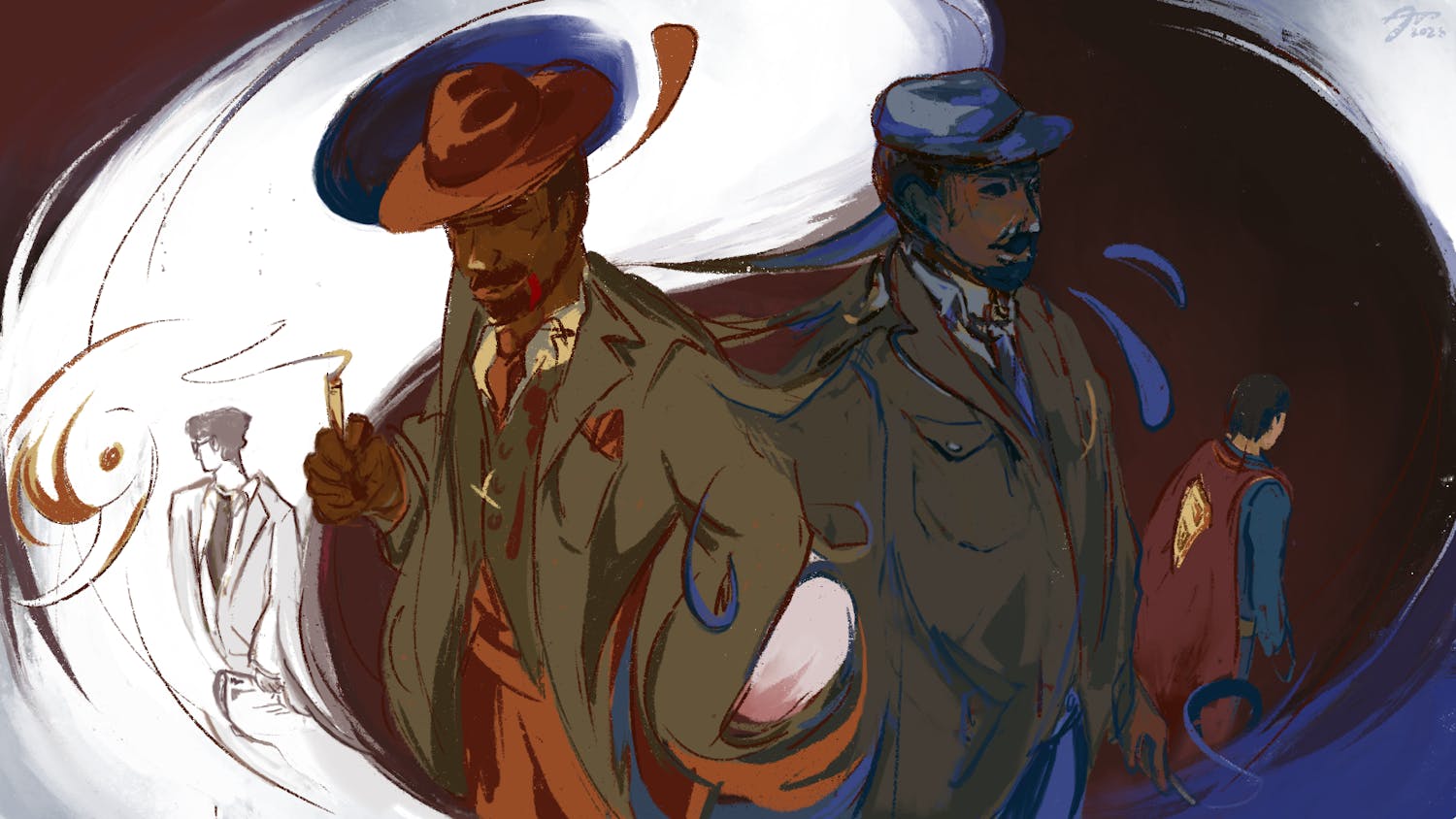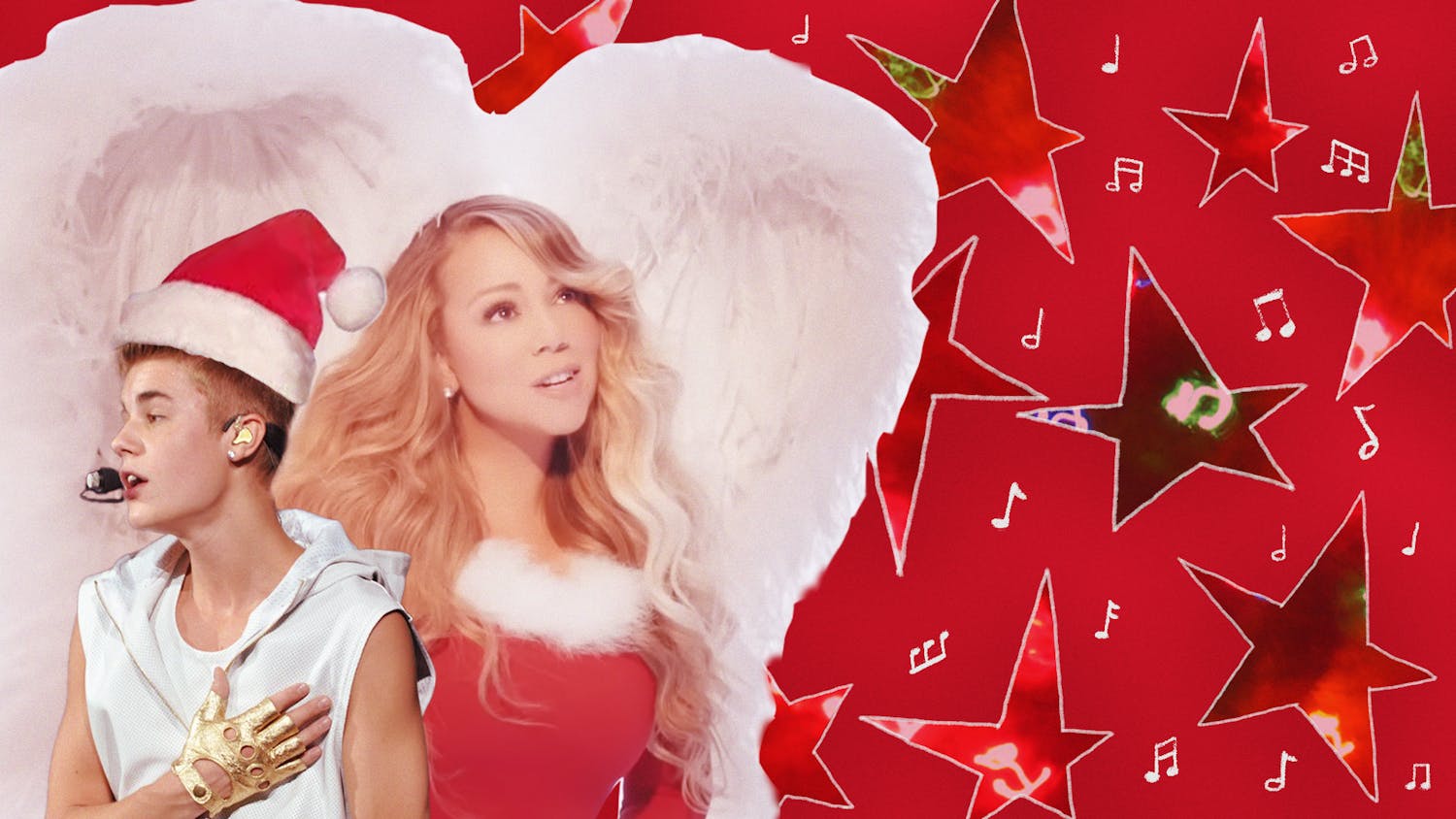Ermias Asghedom, known to most as Nipsey Hussle, was an artist who measured his success by his mobility and the impact he was able to make in his community. On March 31, 2019, Hussle was fatally shot outside of his Los Angeles store, Marathon Clothing.
The impact of Hussle’s death can be felt among fans and artists everywhere. Drake posted a photo of himself, Hussle, and rapper T.I. on Instagram with the caption, "My whole energy is just at a low right now hearing this. We just linked for the first time in years and said we were gonna do a new song this summer cause it had been too long.” J. Cole, Pharrell Williams, Rihanna, and the Mayor of Los Angeles are just some of the many people who took to Twitter to express their sadness.
Nipsey Hussle’s memorial service, organized by family and friends, was held in Los Angeles’ Staples Center on April 11. The event was titled “Nipsey Hussle’s Celebration of Life” and followed the Clippers’ last NBA game of the season. Amongst those who attended the service was Stevie Wonder, Snoop Dogg, and President Barack Obama, who read a letter paying tribute to Hussle's impact on the South Los Angeles community.
Hussle’s transparency about his background and his life is a rare quality. Growing up, Hussle was part of the famous Rollin 60’s Neighborhood Crips, a street gang based in Los Angeles. Disaffiliating with the Crips organization, Hussle turned to community activism, which was inspired by his three month trip to Eritrea in 2004. Hussle wanted to learn more about his father’s background, who came to Los Angeles as an Eritrean immigrant in the 1970s. Hussle always spoke proudly about his Eritrean heritage and educated others about the nation's struggles.
Hussle’s belief in the ability of others to gain independence and impact communities like the one he came from is largely reflected in his music. His album Victory Lap revolves around his journey creating an intersection of music and entrepreneurship. Victory Lap was Hussle’s first album with a big label and received an outpour of critical acclaim when it was first released. Hussle's first two mixtapes, Crenshaw and Malbox Money, were marketed for free download, but a limited number of physical copies were solid for $100, 100 of which were bought by Jay–Z.
Hussle’s entrepreneurship side was also geared towards building up his local community, as all his businesses were located in the Crenshaw district, where he grew up. His businesses included clothing stores, a barbershop, a restaurant, and Vector90, his STEM center. Hussle’s goal was to give members of his community opportunities that he didn’t have growing up, drawing them away from the gang culture in his South Los Angeles neighborhood.
Hussle had a clear vision for what he wanted to achieve as an artist, and how he wanted to make his mark. His loss is felt deeply everywhere, and his life should inspire other artists to use their success to improve their local communities.







